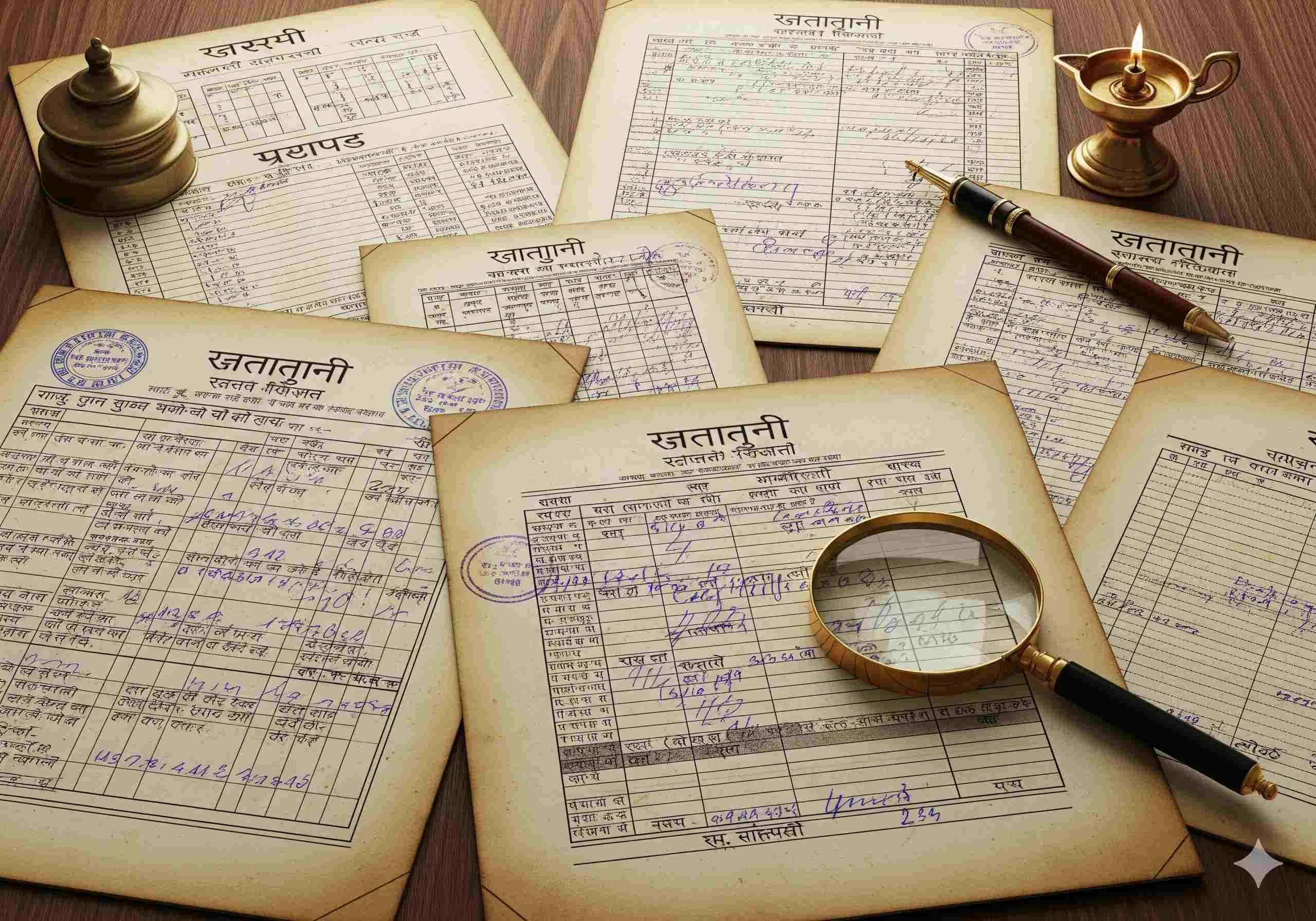Introduction to Land Records
Land records are official documents that show who owns a piece of land and what rights they have to it. These records are crucial for anyone buying or selling property, ensuring a safe and legal transaction. Understanding these records is vital to avoid future problems and disputes. Think of them as the vital paperwork proving ownership and the history of a property.
Importance of Land Records in Property Transactions
Accurate and complete land records are absolutely essential for a smooth property transaction. They protect both buyers and sellers from fraud and legal issues. Without proper documentation, you risk buying property with hidden problems or losing money due to ownership disputes. The records provide a clear history of the property, highlighting any previous owners, mortgages, or legal actions. This due diligence is vital for a safe investment.
Key Documents for Property Buyers
Before committing to a property purchase, you must gather and verify several key documents. This ensures you’re buying a property free from legal complications.
Title Deed
The title deed is the most important document. It’s the legal proof of ownership, showing who owns the property and the extent of their ownership. Carefully examine the deed for accuracy, ensuring all details match the property you intend to buy.
Sale Agreement
The sale agreement is a legally binding contract between the buyer and seller, outlining the terms and conditions of the sale. This includes the purchase price, payment schedule, and other important details. Ensure you understand all clauses before signing.
Encumbrance Certificate
An encumbrance certificate shows if there are any legal claims or liabilities against the property, such as mortgages or pending lawsuits. This certificate is crucial to ensure the property is free from any financial burdens.
Land Use Certificate
This certificate specifies the permitted use of the land. It confirms whether the land can be used for residential, commercial, or other purposes, ensuring the property’s intended use is legally allowed.
Property Tax Receipts
Property tax receipts demonstrate that the property taxes are up-to-date. This is important because outstanding tax payments can create legal complications for the buyer.
Essential Documents for Property Sellers
Selling a property also requires a comprehensive set of documents to ensure a legal and transparent process.
Original Title Deed
You must provide the original title deed to prove your ownership of the property. This is the fundamental document for transferring ownership.
Sale Agreement Draft
Prepare a detailed sale agreement draft, clearly outlining the terms of the sale. This protects both parties and ensures a clear understanding of the transaction.
No Objection Certificates (NOCs)
Depending on the property’s location and any associated bodies, you may need NOCs from relevant authorities (e.g., housing societies, banks). These certificates confirm that there are no objections to the sale from these bodies.
Previous Sale Deeds
Providing previous sale deeds shows the chain of ownership, demonstrating a clear and legal history of the property. This transparency builds trust and facilitates a smoother transaction.
Identification Proof
You will need to provide valid identification proof, such as a passport or driving licence, to verify your identity during the transaction.
Additional Documents You May Need
Depending on the specific property and circumstances, you might need additional documents.
Survey Report
A recent survey report confirms the property’s boundaries and dimensions. This is vital to ensure the property matches the description in the title deed.
Building Plan Approval
If the property has any buildings, you’ll need approval plans from the relevant authorities. This verifies that the construction complies with building regulations.
Occupancy Certificate
An occupancy certificate confirms that the building is fit for habitation and meets all building regulations.
Steps to Verify Land Records
Verifying land records is crucial to avoid potential problems.
Conducting a Title Search
Conduct a thorough title search to trace the history of ownership and identify any potential issues. This can often be done through the relevant land registry office.
Checking for Liens and Mortgages
Check for any liens or mortgages on the property. These are financial claims against the property that could affect the sale.
Verifying Land Use Zoning
Verify that the intended use of the property complies with the local zoning regulations.
Conclusion: Ensuring a Smooth Property Transaction
By carefully reviewing and verifying all necessary land records, you can significantly reduce the risks involved in buying or selling property. This due diligence ensures a smooth, legal, and financially secure transaction for both buyers and sellers. Remember, seeking professional legal advice is always recommended for complex cases.
